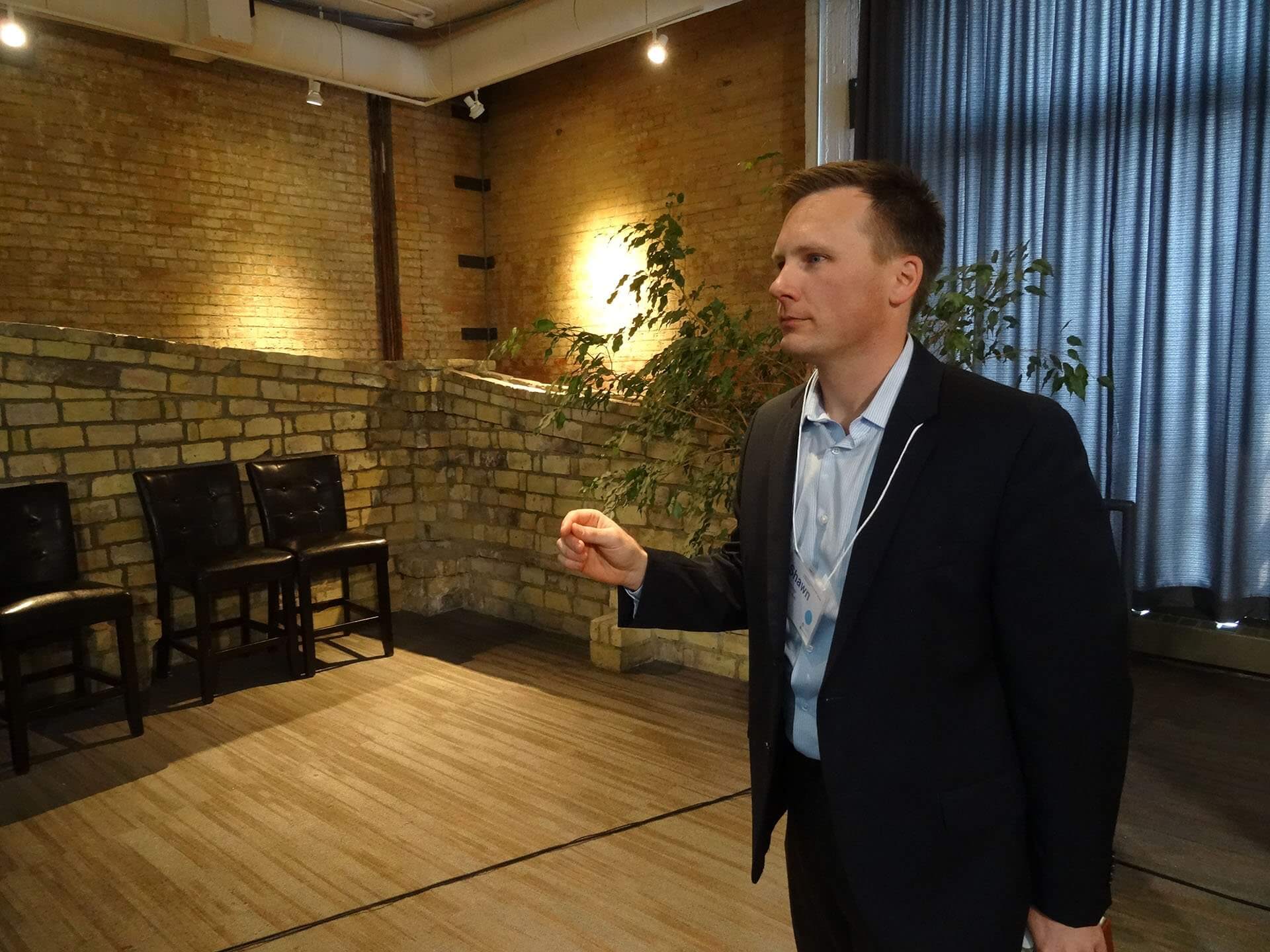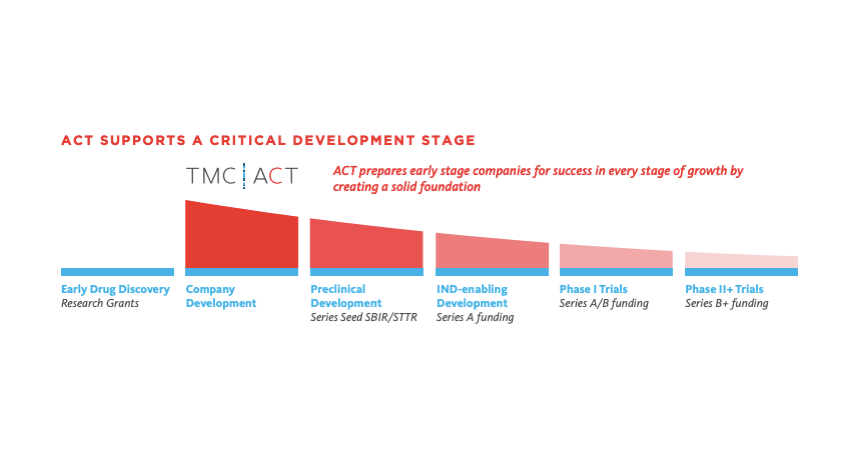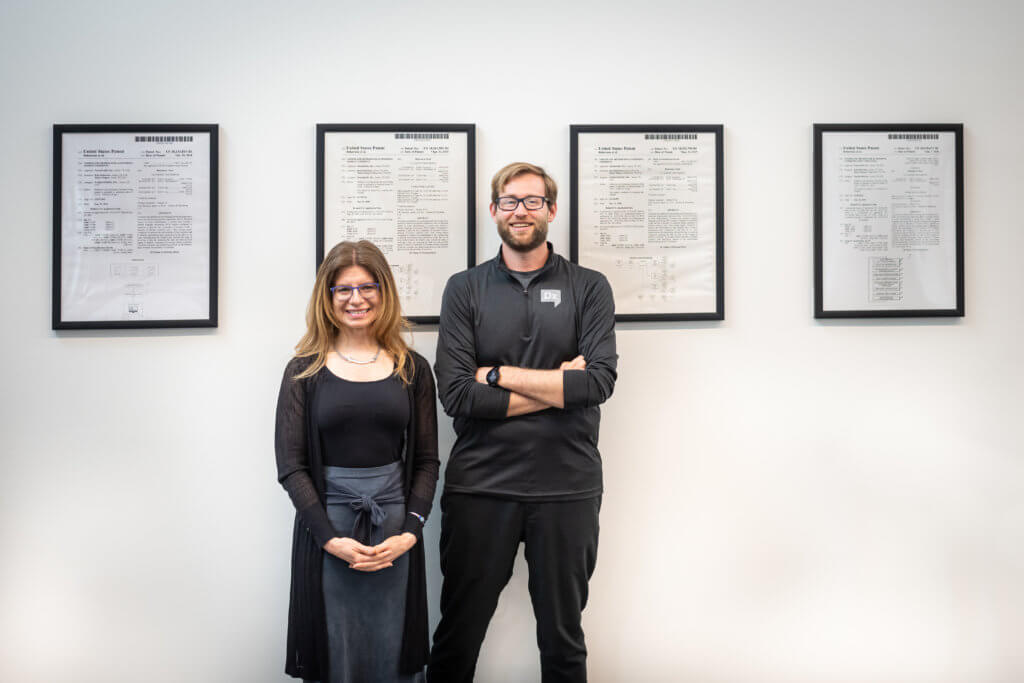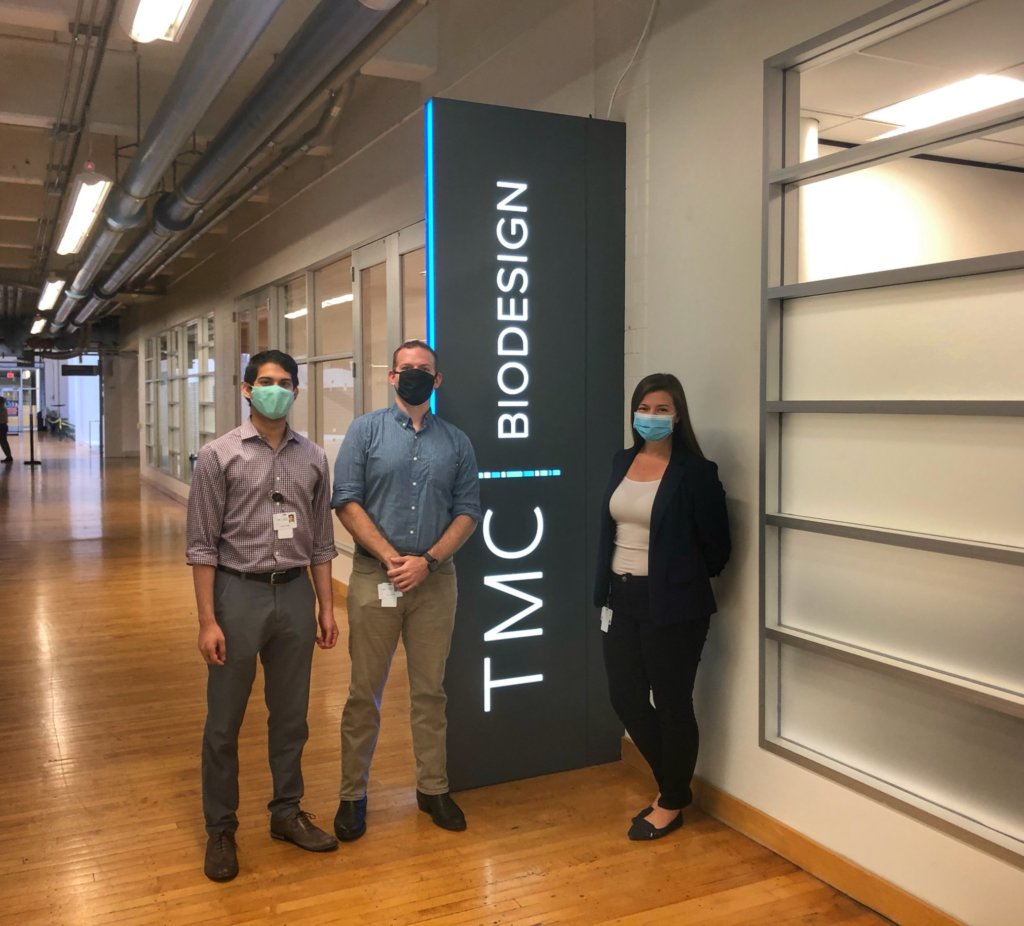TMCx Company Profile: Proximare Health
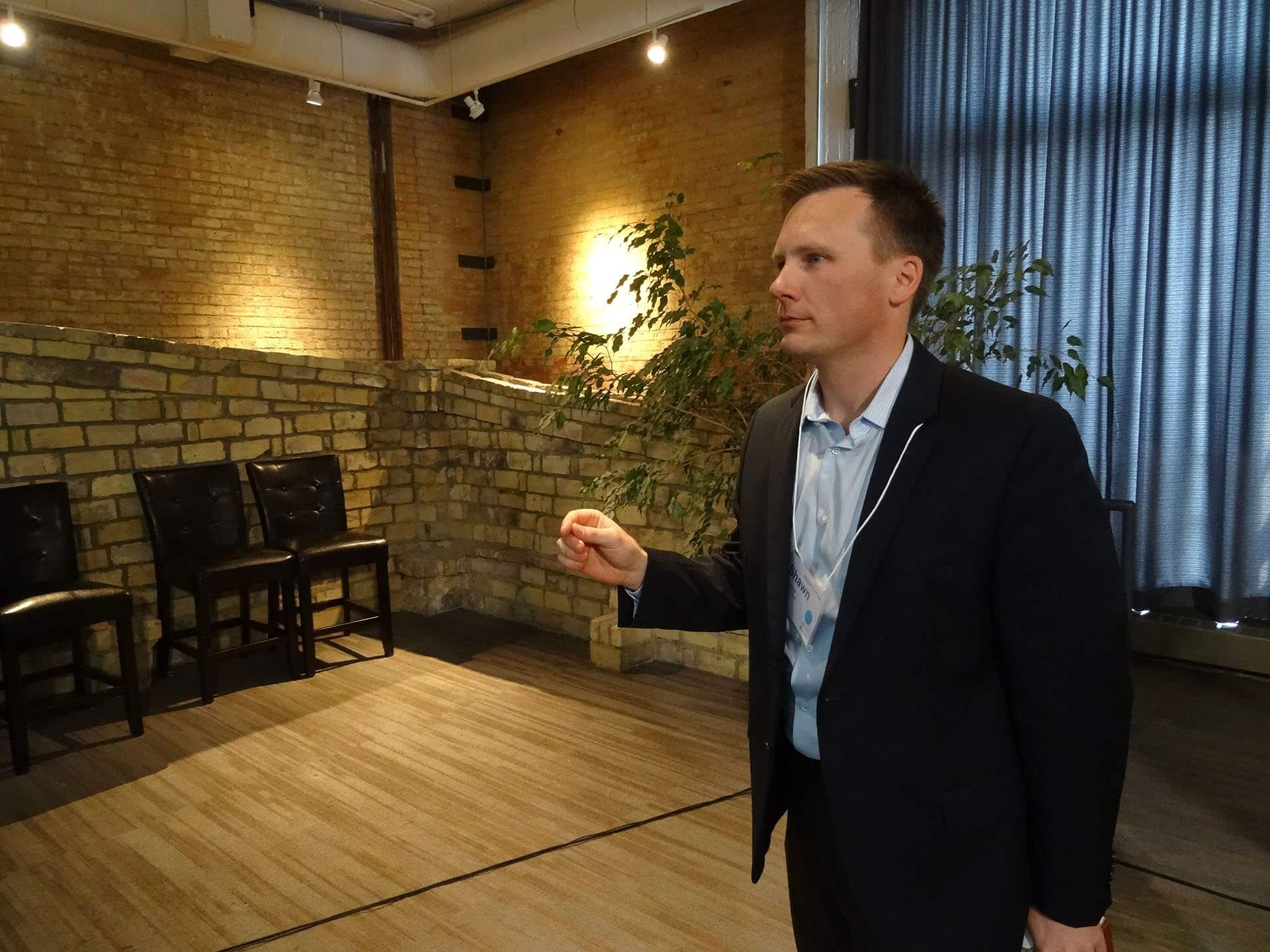
Nobody’s perfect. In health care, the inevitability of human error becomes explicitly, exasperatingly clear in the patient referral process—the transition of care from one physician to another. Far from streamlined and straightforward, the current methodology is a bramble of dead ends, frustrations and wasted expenses. For patients, they’ll be inundated with lists of practitioners to sift through, often with no guidance. In the aftermath, diagnoses might be missed and potential treatments can slip through the cracks. For health care providers on the other side of the desk, it’s no different. When a patient fails to follow up on a referral, or is referred to the incorrect physician, it doesn’t just jeopardize their health—it also has a negative financial impact for both the patient and the organization.
“Changing workflow in health care is rather difficult, and often times it’s an easy way for people to just say, ‘no,’ to new processes,” said Shawn Wagoner, president of Proximare Health. “In order to overcome that obstacle, you need proof that the current workflow processes aren’t working. Most organizations utilize more than one—often times as many as 10—Electronic Medical Records (EMR), so they have limited ability to manage referrals across their physician base.”
According to Wagoner, at Proximare Health—a company behind the creation of an intelligent, automated referral process that matches patients, treatments and providers—it’s all about taking guesswork out of the equation.
“Basically, we help coordinate patient hand-offs from one doctor to another,” explained Wagoner. “That includes finding the right physician to care for the patient, getting an appointment, transferring that patient’s pertinent medical information, making sure we cover all the bases with the health insurance company and, finally, keeping all members of the patient’s care team informed with status updates. Our system gives our users the opportunity to dynamically alter the patient’s care path based on relevant data—like their clinical status or health insurance benefits.”
With over two million total patient transitions to date, and more than 3,000 clinical team users benefiting from Proximare’s Internet Referral Information System (IRIS), Wagoner is moving ahead with conviction. Through Proximare’s partnership with the clinical leaders of one of the largest safety net systems in the country—Cook County Health and Hospitals System in Chicago—the seeds to cultivate a novel approach for improving access to care have already been sown.
“At Cook County, they felt a key issue to solve was to make sure that only people that truly needed their specialty and diagnostic services should end up in those clinics,” said Wagoner. “We worked collaboratively with their clinical and administrative teams to design and deploy a clinical protocol based referral management system that has gone on to process millions of referrals—and screen out over 20 percent of referral requests as unnecessary.”
A small—but rapidly growing—startup facing off against a titanic, nationwide problem is an admittedly Herculean task, but Wagoner is confident that Proximare can leverage their agility and commitment to customer satisfaction to their advantage.
“One thing used against small companies and startups is that we don’t have as many resources—cash, people, fancy offices, you name it,” reflected Wagoner. “Given those constraints, there’s a small margin of error. We have to ‘over-deliver’ for every customer because the loss of even one customer puts the business in jeopardy. That reality plays into everything we do, from response time to product enhancements.
“Our growth depends on that execution, as well,” he added. “During reference calls, future customers hear that the risk of going with a smaller firm is rewarded by a product and service standard that exceeds our larger competitors.”
As organizations continue to utilize different EMRs, the demand for connectivity and the desire to transition patients seamlessly throughout disparate systems isn’t going anywhere. Fortunately, Proximare is prepared to rise to the occasion.
“Right now, there is a broadly accepted generalization that doctors do not want to treat patients differently,” affirmed Wagoner. “I think that as more organizations move further from their fee-for-service roots, they’ll realize that while patients shouldn’t receive drastically different care, who delivers it and in what service setting it’s administered will require variation. We’re hoping to help manage this variation, and we look forward to helping more organizations do so.”

